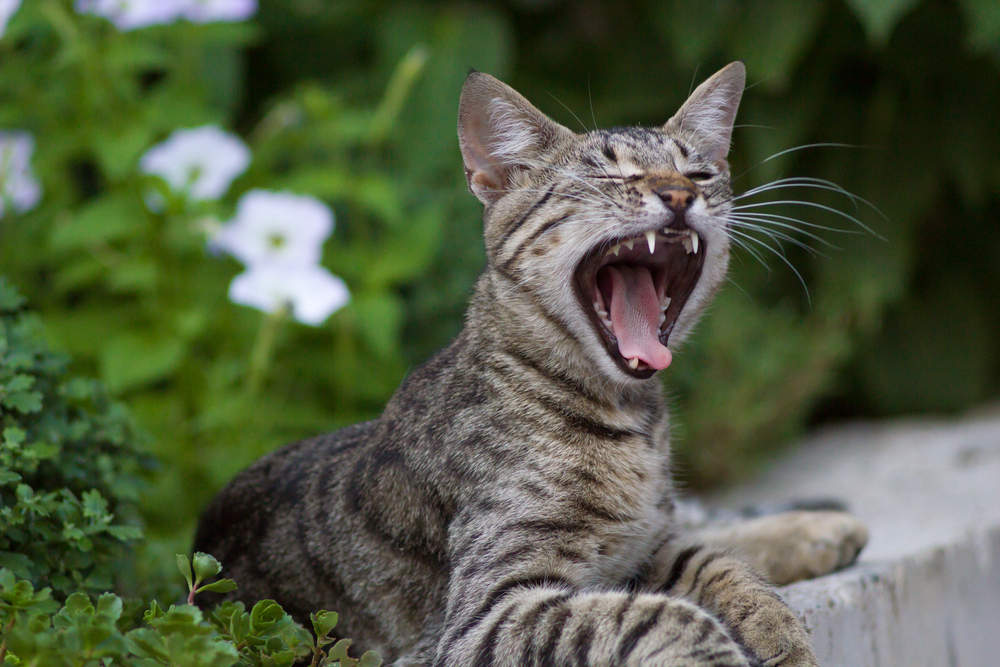Pet Dental Health

Why is dental health important?
Dental disease is a really common problem in our pets just like it is for us. It includes things like gingivitis (inflammation of the gums) and the buildup of plaque and calculus, through to full blown dental infections and tooth loss. Keeping our pets’ teeth healthy is a vital part of keeping them fit and well. Dental disease left untreated can lead to pain and infection. In dental disease, bacteria from the mouth can even travel in the bloodstream and cause serious infections in distant sites such as the heart and kidneys.
How can I tell if my pet has a dental problem?
The short answer is that you might not, especially in the earlier stages. Our pets are very good at hiding when they have issues with their teeth. A reduced appetite, difficulty eating, excess salivation and pawing or rubbing at the mouth are often signs of advanced disease. In the earlier stages you may notice that your pet has bad breath, but the only way to know for sure if there is an issue is by having your pet’s teeth and mouth examined regularly. This is something you can do at home with practice but regular veterinary examinations are also really important so we can detect problems at an early stage.
What does a dental check-up involve?
We strongly recommend regular dental check-ups with our experienced team of vets and nurses at least twice a year (both of these are included on your membership). At the appointment we will ask questions about your pet’s lifestyle, diet and general health. They will undergo a full examination, paying particular attention to their mouth and teeth. We will be looking for signs of infection, damaged teeth, gingivitis and the buildup of tartar. We will also check for swelling and lumps, that could indicate a more serious problem. In cats we will check for a feline specific problem, called resorptive lesions, where the body attacks the tooth and causes painful erosions. In younger pets we will check for retained baby teeth and misalignments that might cause issues now or in the future.
If there are any concerns it is likely that we will recommend a more complete assessment under anaesthetic where the teeth can be probed. We will also take the opportunity to descale and polish the teeth as well as treating any problems.
How can I keep my pet’s teeth healthy?
Prevention is always better than cure, and the best way to keep your pet’s teeth healthy is by brushing them on a regular basis. We will be happy to show you how best to introduce this if it’s something your pet has not had done before. It is important to use a pet specific toothpaste and a suitable brush and to introduce the idea slowly so they get used to it. If they already have inflamed gums or pain, then it is best to have this treated by us first before starting brushing.
Dental treats and specifically designed dental diets can also be helpful in maintaining your pet’s healthy teeth and gums. It is important to choose products that work but also won’t cause other problems. For this reason, we do not recommend giving bones to your pets and you should ensure that anything they chew can be easily indented with your fingernail. Anything that can’t is too hard and may damage their teeth. There are also various supplements that can be added to their water, but not all have been shown to be effective so please ask if you would like more information on these.
Remember, regular dental check-ups are essential to detect problems at an early stage. This not only helps keep your pet healthy but also means that any treatment needed is likely to be easier and less expensive.



